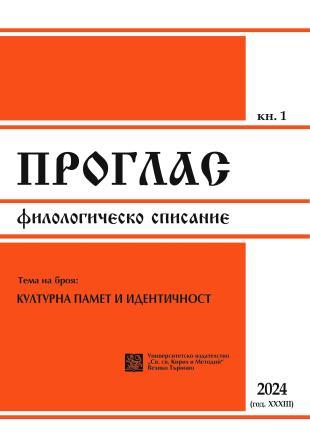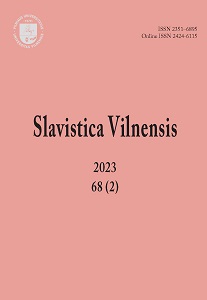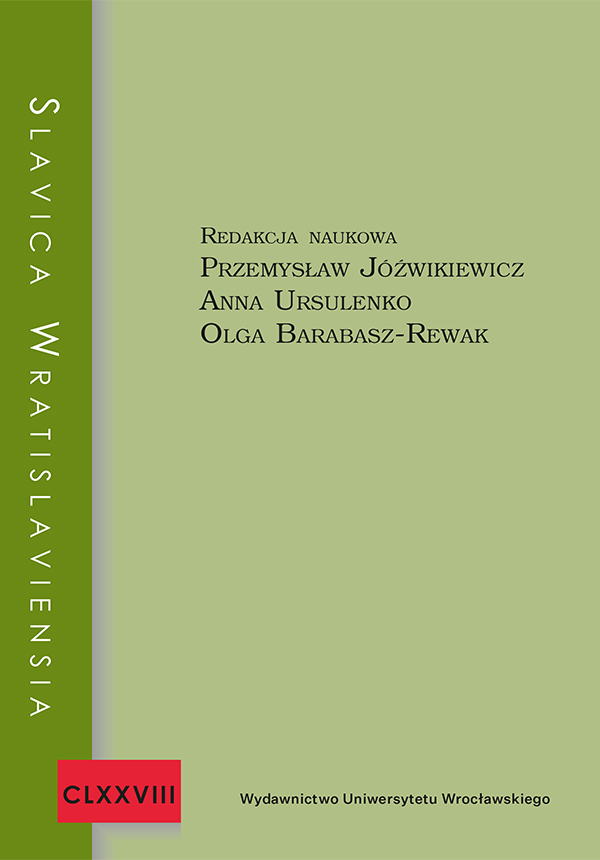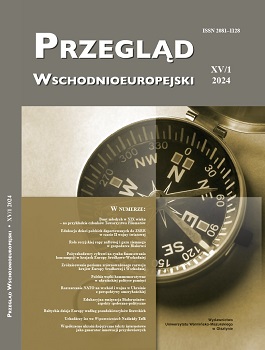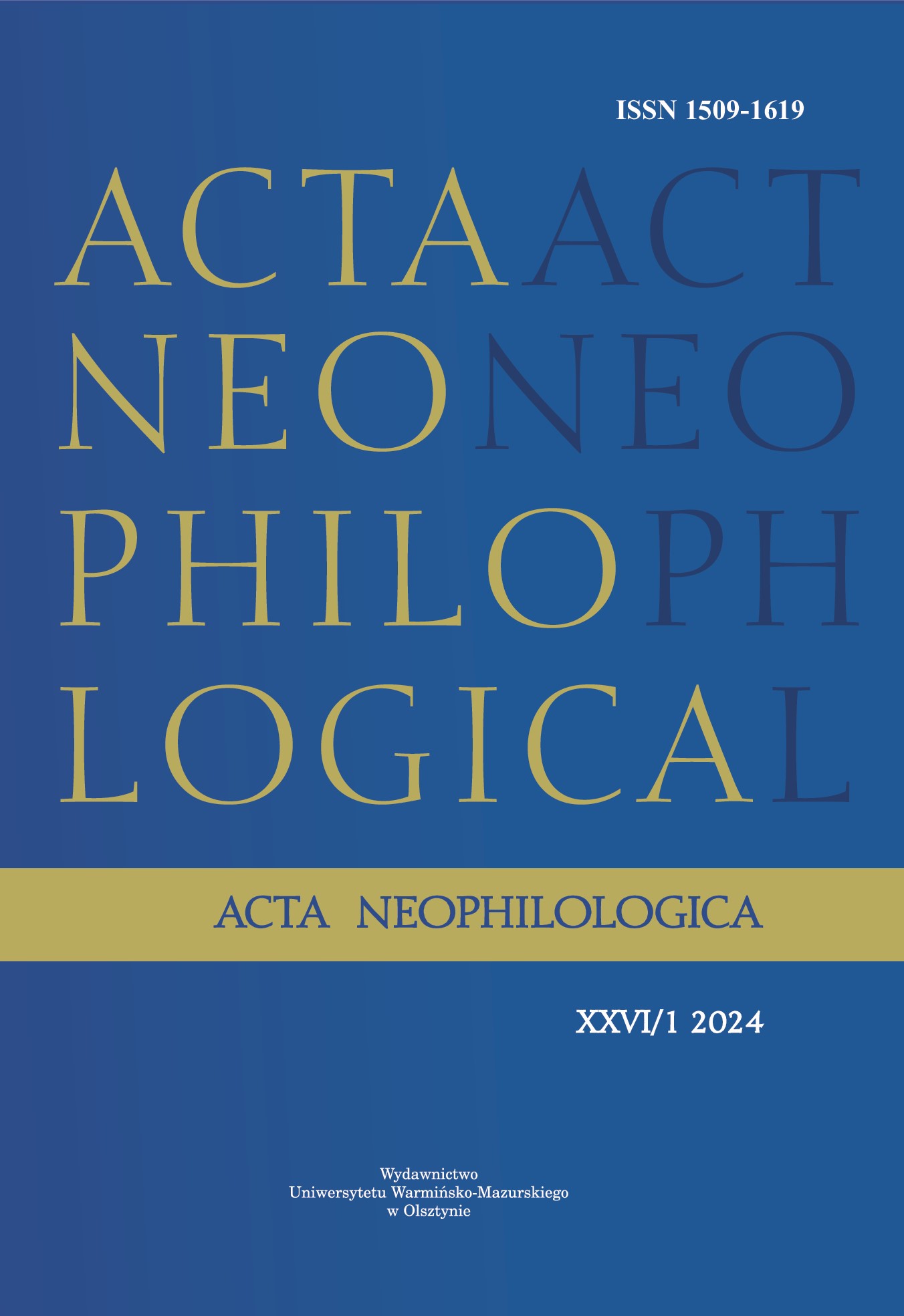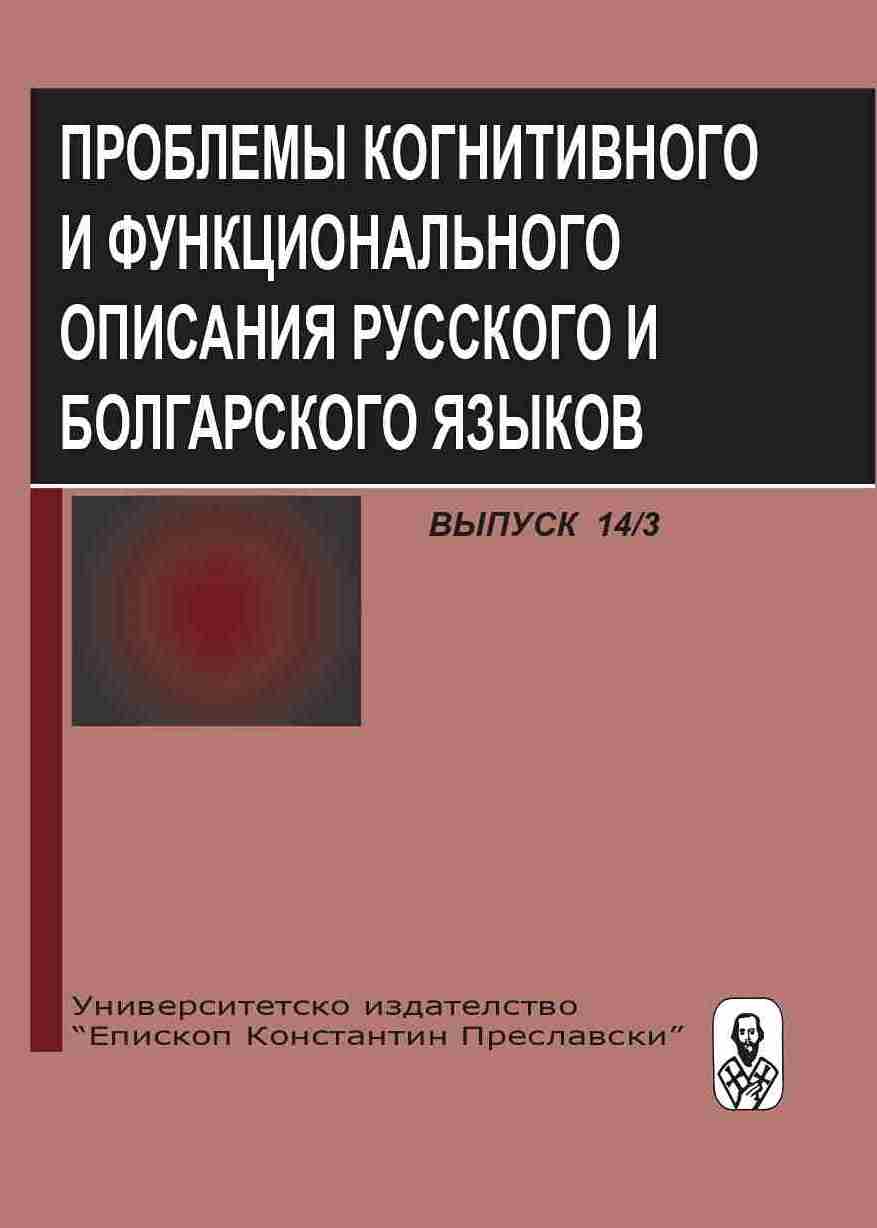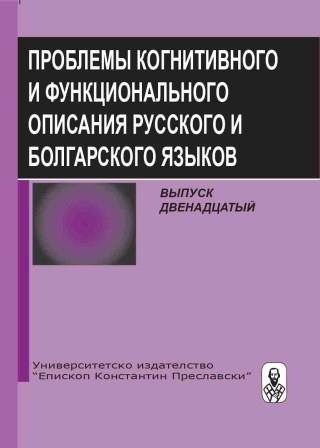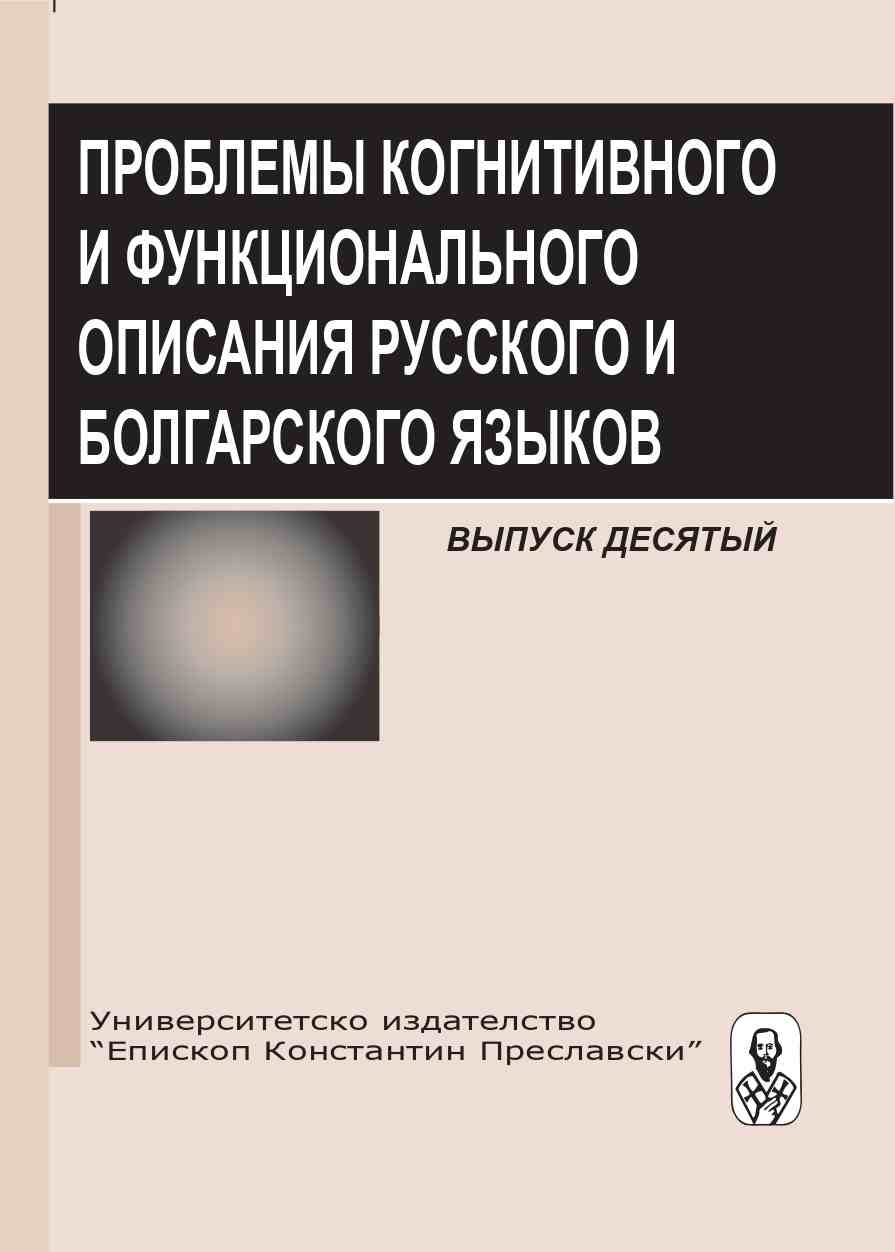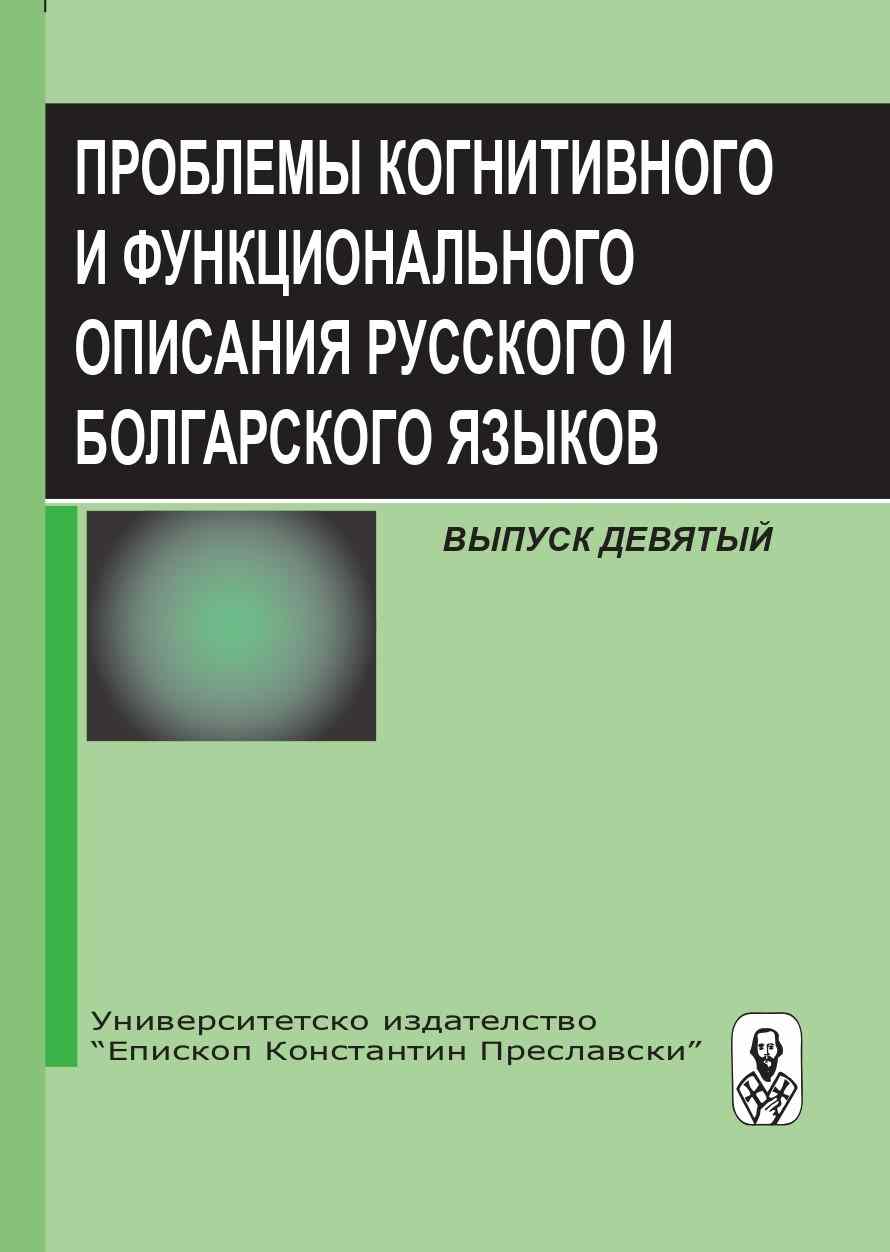
Nazwa „mowa chachłacka” w relacjach powojennych przesiedleńców ze Wschodu zamieszkałych w zachodniej Polsce
This paper concerns the usage of the linguonym mowa chachłacka (Khakhol language) in Galicia, Podolia and Volhynia during the first half of the 20th Century. Therefore, it can be considered in the realm of historical sociolinguistics. The source material is comprised of interviews, recorded 1992–2006, with over 100 forced migrants from eastern voivodeships of the interwar Second Polish Republic. After World War 2, the respondents were resettled from their home towns into the new borders of post-war Poland, areas which belonged to Germany until 1945. The research method chosen was partially standardized interviews, which were first recorded and then written down. The paper is focused around the following issues: 1) which linguistic variety was referred to as mowa chachłacka in the interwar period within the researched communities, 2) whether this name contained a value judgement, 3) what was the prestige of mowa chachłacka in these communities. The first chapter of the paper concerns the history of the Russian lexeme хохол/хaхол, which forms the basis of the linguonym mowa chachłacka, and which has been used since the 17th Century to refer to Ukrainians. The article takes into account ideas concerning researching social attitudes to a language, such as standard language ideology and monoglossic ideology.
More...
